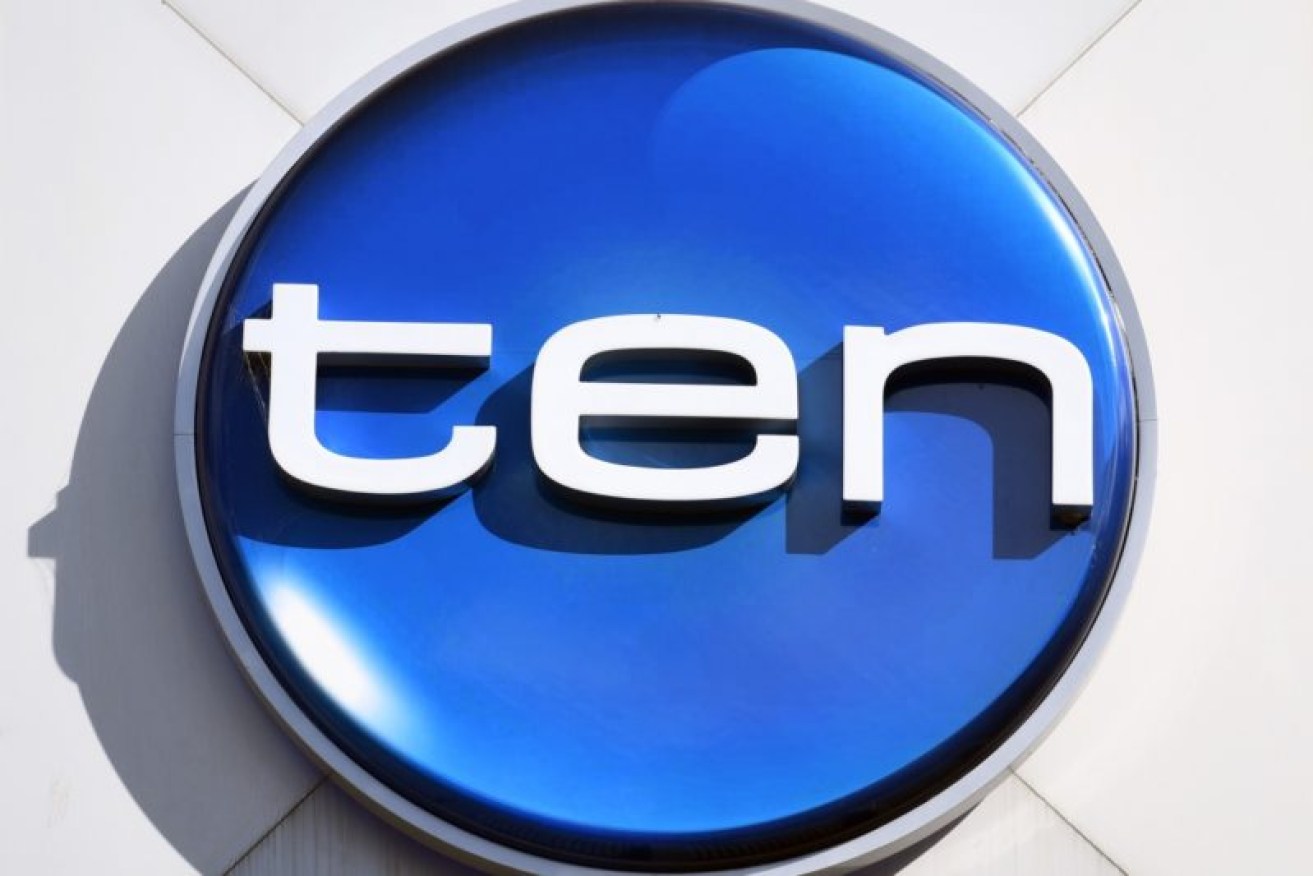Channel Ten in administration as media moguls pull the financial plug


The Ten network is now in administration. Photo:AAP
Channel Ten has called in administrators to take control of the troubled network after major shareholders said they wouldn’t guarantee its loans, pulling the rug from under the broadcaster.
The network, which broadcasts popular programs such as The Project, The Big Bash League, The Bachelor and MasterChef Australia, will continue operating as normal, but will be controlled by administrators KordaMentha who will try to find a solution to its problems.
The network will be run “as much as possible on a business as usual basis”, it said in a statement.
Ten has been slugged in recent years by falling advertising revenues, with its share price collapsing from $20 10 years ago to 16c when trading in its shares was suspended from the ASX on Tuesday.
Things came to a head in April with the network declaring a half-year loss of $232 million, mainly a result of writing down the value of its TV license.
Its actual trading loss was $2.4 million, but the board warned at the time that it was in danger of collapsing without further support from major shareholders.
That hasn’t been forthcoming with major shareholders, TV veteran Bruce Gordon, who owns 15 per cent of Ten, and media mogul Lachlan Murdoch (7.7 per cent), refusing to extend loan guarantees over the weekend.
The two, along with gambling supremo James Packer (7.7 per cent), have been guaranteeing a $200 million overdraft that has kept Ten running. Ten had wanted to replace the loan with a $250 million facility, but the moguls blanched at the prospect.
Their investment in Ten has cost the three major shareholders, along with Gina Rinehart (8.2 per cent) more than $190 million in value on their holdings since January 2016.
The refusal of support by the two “left the directors with no choice but to appoint administrators”, Ten said in a statement.
“The directors of Ten regret very much that these circumstances have come to pass,” the company statement said.
Ten has been in cost-cutting mode in recent months and had earlier pressured the federal government to cut back the licence fees paid by TV stations. It also severely slashed its news operations around four years ago.
The government moved to do this in the budget, and Ten expects to save $22 million as a result in the current financial year, and a further $12 million next year.
Management is also wielding the knife in the company’s operations, and said it expected resulting savings to be $50 million next financial year and $80 million in 2019.
Administrators are expected to continue pressure on US program suppliers CBS and Fox to cut the price of programming deals that have been costing the company as much as $150 million a year.
Ten said it has already made progress on renegotiations, but nothing has yet been signed.
If administrators are able to complete the deals, programming costs could fall by as much as 50 per cent “while still allowing Ten access to the best productions of those studios over the medium term”, the Ten statement read.
Ten wants programming costs to be related to the number of viewers for particular shows, rather than a flat fee charged by the studios as in the past.









